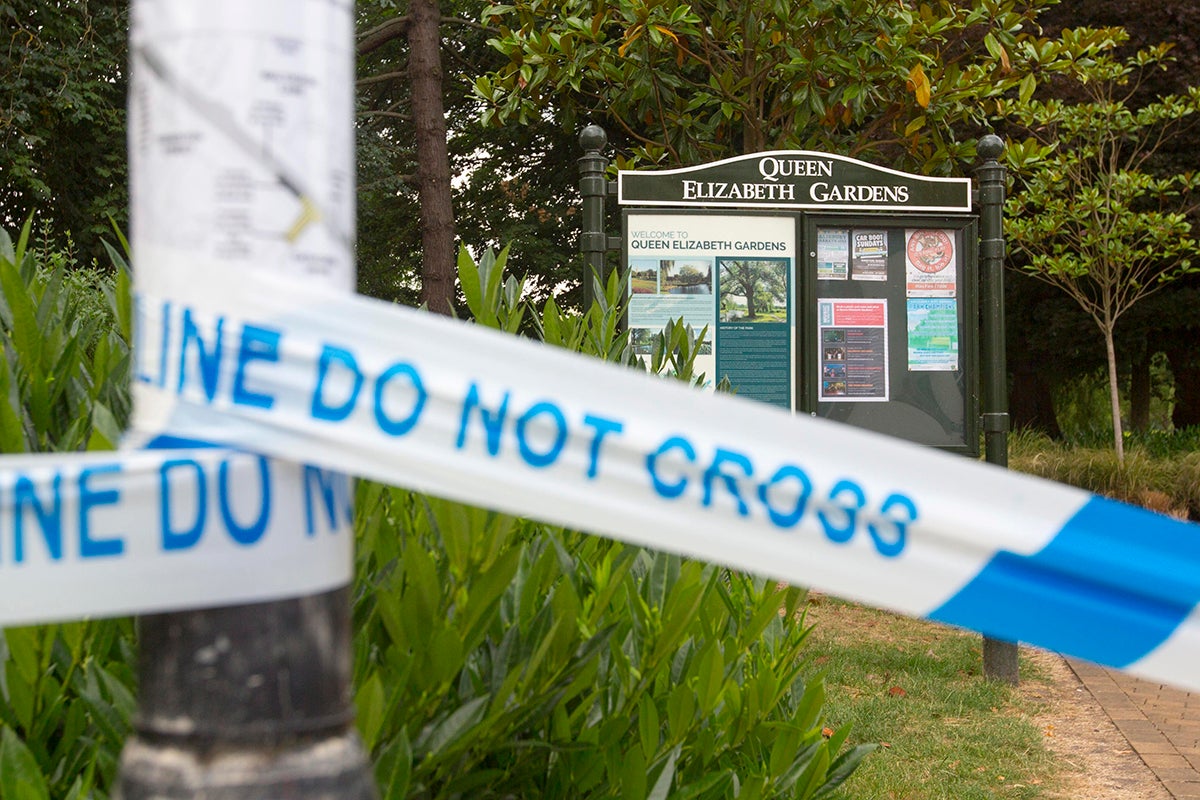The people of Salisbury deserve some answers
There is no case for reticence about what is happening in and around Salisbury

Perhaps one day the spot in The Maltings shopping centre in Salisbury where the Skripals collapsed will become a macabre tourist attraction. Maybe the same will be true of the as-yet-unknown place where Charlie Rowley and Dawn Sturgess picked up the tiny dose of novichok that is threatening their lives.
Perhaps. For now, events in and around Salisbury are causing worry and severe economic damage to businesses as they approach the busiest part of the tourist season. The usual flow of visitors to Stonehenge and Salisbury Cathedral will inevitably be lower, and people will be less willing to shop in Salisbury city centre, let alone visit a restaurant or pub. It is as if the city and its environs had been contaminated by chemical weapons, which of course is precisely what has happened.
The problem for the authorities is what to say in the face of such unprecedented circumstances. Some weeks ago, when the Skripals were recovering and every place they had visited was thoroughly examined and cleansed, the emergency seemed to be over and the all-clear was sounded. It was a perfectly rational decision, because there was no evidence that any novichok was still around, and because it looked like a targeted attack on the Skripals, rather than some indiscriminate act of terror. Now we realise that even if only a few molecules are spread across an area of many miles there is a remote risk to life and health. And, because the quantities are relatively small, and their location unknown, there can be no practical “clean up”.
So there is understandable anxiety, which the authorities could do more to be clear about what is happening – including being candid about what they do not know as well as what they do know. There has, for example, been no definitive statement about whether the substance has to be “ingested” or whether mere contact is sufficient, or whether no-one knows for sure. We don’t know whether novichok can be carried, or what, if anything, might degrade it – naturally or otherwise. There is no word on any suspects, so the suspicion is that they may be at large or have skipped back, presumably, to Russia.
Into this vacuum has flooded rumours and conspiracy theories, as well as a degree of panic, all aided and abetted by the Russian media, who are once again concocting the most elaborate theories about why novichok, invented and solely stored in Russia, has got nothing to do with Russia.

So the public continues to think the worst and the distrust of officialdom becomes a little more ingrained. People do not know who to believe. Politicians berate the media for creating “fake news” so often it starts to be believed; by the same token the media itself – and here social media plays an insidious role – sometimes suggests to a ready audience that politicians are always and everywhere liars. Successive episodes, such as the Grenfell disaster, the Windrush affair, the revelations about torture during rendition, the cover-ups of wrongdoing in the City going back decades, Hillsborough and Orgreave, sleaze and corruption involving MPs, sexual abuse in the churches, the banking crash, misselling scandals and corporate scandals such as the BHS collapse, auditors failures and the Volkswagen “dieselgate” fraud have added to a public feeling of mistrust. This feeling is itself part of a growing national malaise – when everything from the trains to Brexit to climate change seems to be going wrong.
There is an old saying that a lie can get halfway round the world before the truth has even got its boots on, and today, with a 24 hour digital news cycle, social media and a camera on every phone, not only can a lie travel faster than ever but the truth can be lost in this welter. The situation has been made more hopeless for citizens seeking reassurance if the authorities fail even to put their version of the truth out there, and fail to contextualise or quantify the scale of the remote risk. There is no case for reticence about what is happening in and around Salisbury. The people there, especially, deserve some explanations.
Join our commenting forum
Join thought-provoking conversations, follow other Independent readers and see their replies
Comments
Bookmark popover
Removed from bookmarks